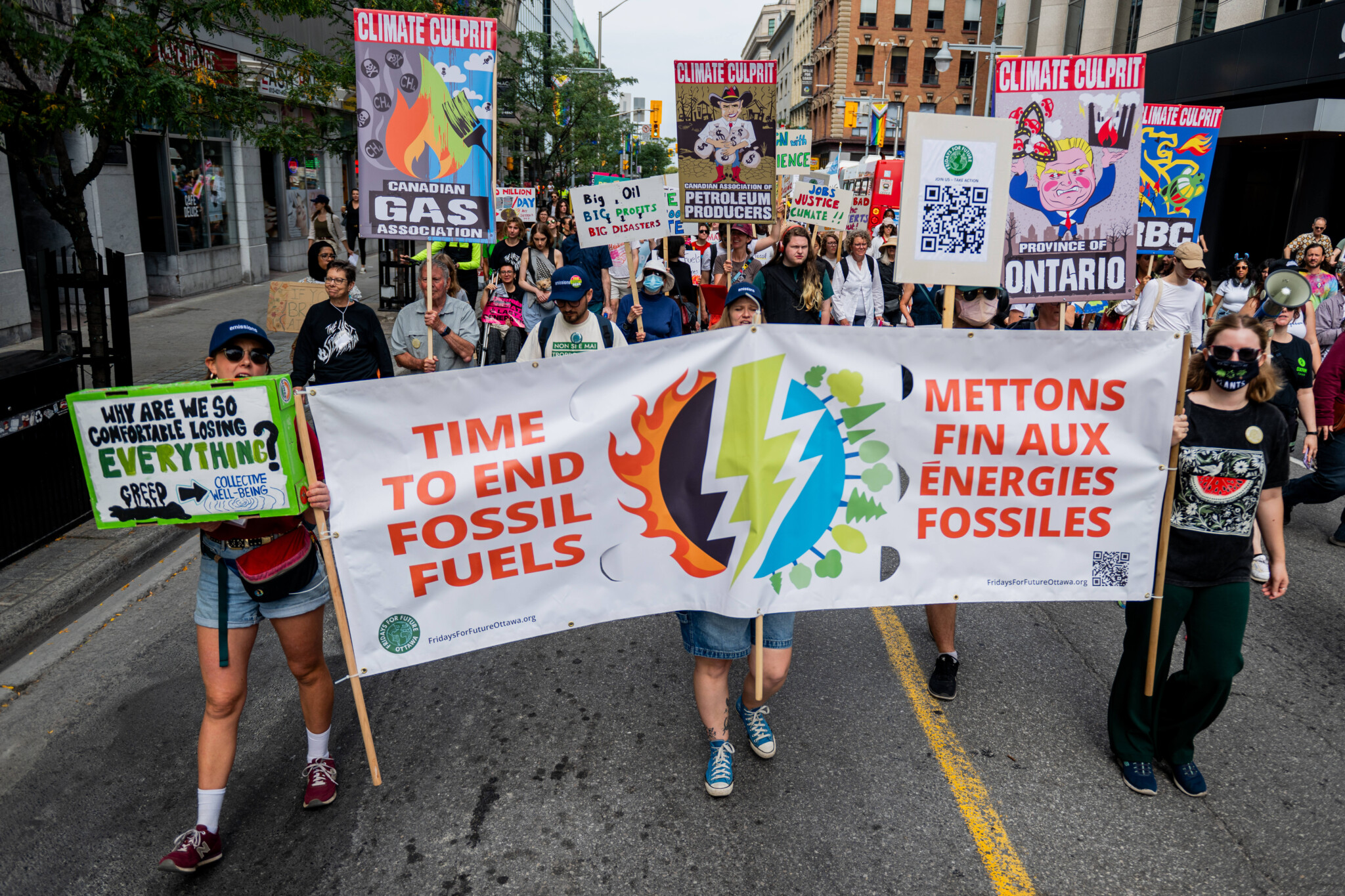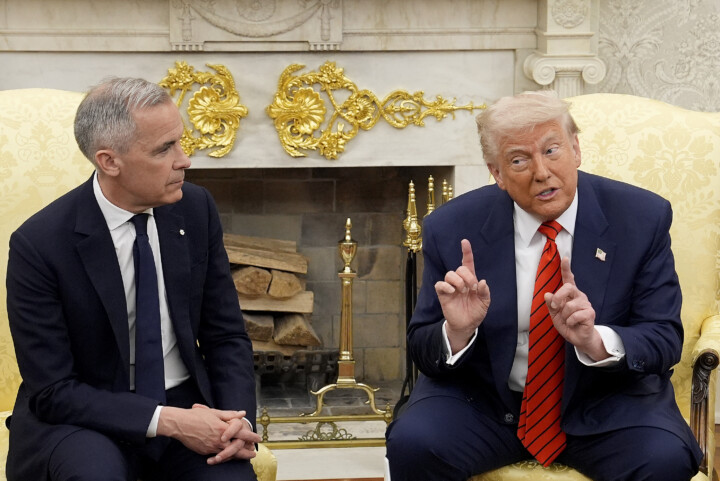In a nod to the importance of the energy industry, both the Liberals and Conservatives made promises in the recent election to cut red tape and speed up the approval of major energy projects. To that end, the Carney government recently enacted Bill C-5, which gives the prime minister sweeping powers to override existing laws and regulations that might stand in the way of new projects.
While Prime Minister Carney, who continues to say he wants Canada to become an “energy superpower,” has properly diagnosed the problem (i.e. red tape in the approval process), Bill C-5 is not the solution.
Let’s begin by understanding the problem. In terms of living standards, despite its abundant natural resources and well-educated workforce, Canada has failed to keep up with its peer countries, in part because business investment has collapsed over the past decade due to bad policy, including high regulatory burdens in the energy sector.
These regulatory burdens are steep because too many entities have the power to say no to new projects. It’s a tragedy of the anticommons. (The more familiar “tragedy of the commons” arises when too many people can access a commonly owned resource, such as a fishery or a forest. Too much access to common resources can lead to overexploitation.)
In contrast, a tragedy of the anticommons arises when too many people can stop others from accessing a resource, such as a market. With too many people wielding veto power, resources may be underutilized.
Across Canada, a long list of natural resource projects remains stalled or cancelled. They include pipelines headed west and east, natural gas developments, export terminals and mining opportunities. Again, the problem is that too many groups can say no and scuttle any one project.
For example, the Energy East pipeline. The idea of a west-east pipeline rose to prominence in the early 2010s after the U.S. government put the Keystone XL pipeline on hold. Rather than selling oil at a discount to the Americans, the thought was that oil-producing western provinces could ship oil across the country by pipeline to refineries on the east coast, which are currently forced to import most of their oil from foreign countries due to a lack of pipeline and rail capacity in that part of Canada. But while a west-east pipeline seemed like a no-brainer, several opponents, including First Nations and environmental groups, urged the federal government and several provincial governments to kill the project. In the midst of this uncertainty, the TransCanada Corporation cancelled the project in 2017.








